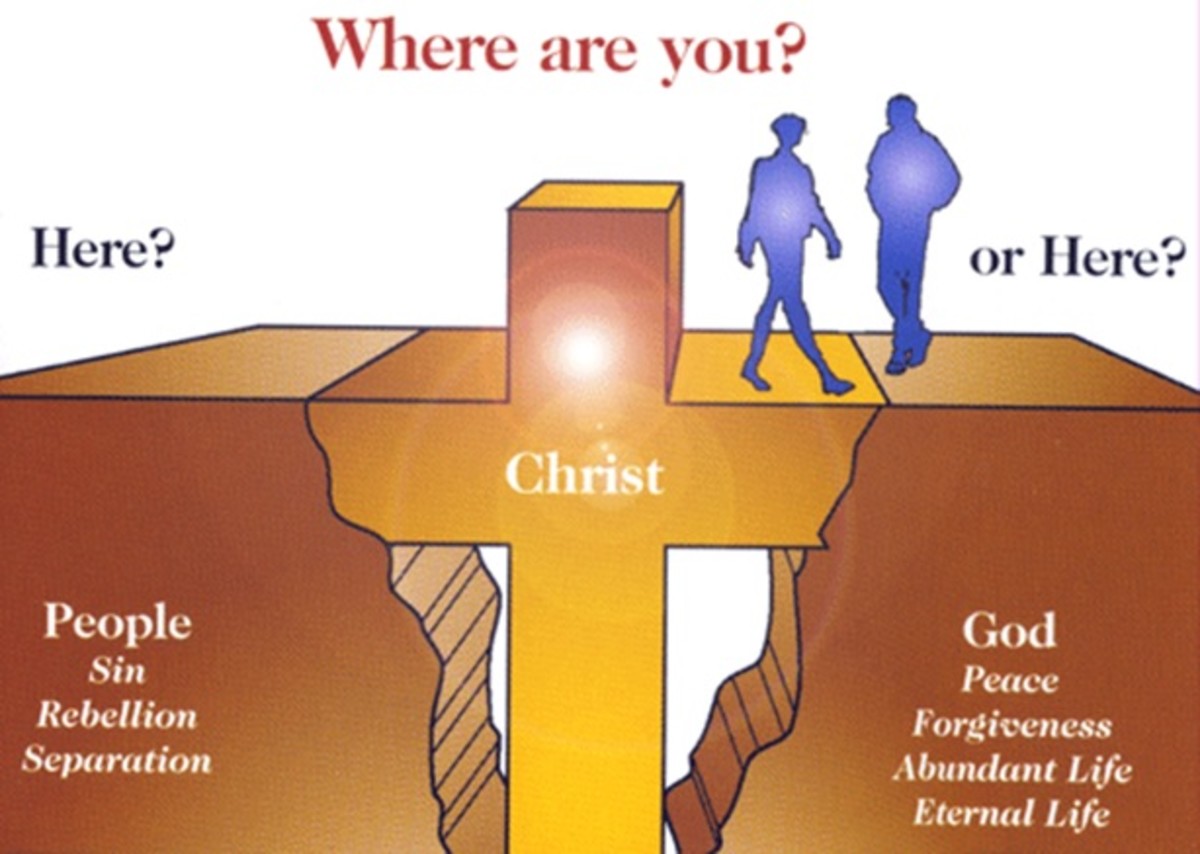From Children of God to "Dear" Children

How to Grow in Faith
This is an article by Abbot George Burke of Light of the Spirit Monastery.
“Be ye therefore followers of God, as dear children” (Ephesians 5:1).
Everyone is a child of God, for God is the Source of all. Everyone is beloved to God. So what are dear children? I learned the answer to that from the mouth of a barely educated old lady in the summer of 1958. I was at a church meeting in a tiny, very poor little town in a corner of Oklahoma. During the Sunday School class this verse from Saint Paul was read, and the teacher asked an elderly lady if she would not explain it.
So she said this: “Well, we have all had children, and some of our children have just been children, and some of our children have been dear children, and they aren’t the same, and Saint Paul knows this and says it is not enough for us to be the children of God, but we have to be the dear children of God.” And there she had it all summed up: It is not enough to be a child of God. We must be a Dear Child of God
Of course we are all the children of God. Where else did we come from? Nobody else created us but God. Nobody else keeps us alive but God. No one else is really showing us any love and mercy but God. But that is just mechanical. That is God’s “business.” He made us His children. The question is: what have we made of ourselves?

Not My Will, But Thine, Be Done
The Lord Jesus is our perfect example. Saint Paul tells us that He “humbled himself, and became obedient unto death, even the death of the cross” (Philippians 2:8). He did not say to God: “This life is mine. I will do with it what I want.” When the Cross was brought before Him, He did not say, “No. I do not want to do that. I have a life to live. I do not want to die. If I have to die, I certainly do not want to be tortured to death. It is my body. It is my life. Nobody has a right to tell me how I live it or not.”
Obviously not. He said plainly: “I can of mine own self do nothing…because I seek not mine own will, but the will of the Father which hath sent me” (John 5:30. See John 5:19 and 8:28). “I must work the works of him that sent me” (John 9:4). “My Father worketh hitherto, and I work” (John 5:17).
In other words, when God moves, I move. Otherwise: no movement. When the Father speaks, I speak. When the Father is silent, I am silent. The Lord Jesus had no independent life from God. Adam and Eve did–and that was their fall. The sin of Adam, the sin of Eve was not in eating the fruit. After all, God had made it and put it in the garden. It is obvious that ultimately they were intended to have it. But their sin was that they set themselves up in opposition to God. God said “do not,” and they said “do.” They had free will and could think for themselves, but they thought and did all wrong when they decided to act independently of God.
How different from Abraham, who said to Sarah, “Will God speak and Abraham not obey?” Abraham meant that it was his nature to do whatever God said. He did not think it over, reason it out, decide if he could or not, or think about whether he was “ready” for it or not. God spoke and he acted. I remember hearing an entire sermon as a child on just the part in the Bible where the Lord spoke, saying: “Abraham,” and he immediately responded: “Here I am.”
Jesus (Who had been Abraham in a previous life) was the same; therefore the Lord did not just say: “This is My Son,” but He said: “This is My beloved Son.” The worst brat in the world is still the child of the parents; that can’t be changed. Unfortunately we take advantage of that in relation to God. We figure that we will be as bratty as we want, and when being bratty is not fun any more, then we will ask God to forgive us and say we know that it was not the right thing to do. But the brat will never be a dear child.

Our Inhumanity to God
Therefore we should consider: how do we mistreat God? In The Night of the Iguana the minister says the thing that horrifies him the most about human beings is their “inhumanity to God.” We figure God is stuck with us, so He is just going to have to take what He can get. If we have five minutes out of the day for Him, well, then He had better appreciate it, otherwise He might not even get that, and if He wants to keep our attention then He had better give us what we want.
This is how we have got it all reversed–for that is how we should feel about God. If we want God’s attention, then we had better be paying attention to Him and giving God what He wants. But, no, we have got it all wrong, just as in the family where the children run things and the parents ask the children what they want to do. “We can’t do that,” they say, “because Jimmy just does not want to.”
They have no sense at all; so they do not know who is the parent and who is the child. And we, too, are just that crazy. We think we are God and we think God is the creation. When we come to the ultimate point of our madness we say that if God did not exist, man would have to invent Him. That is considered incredibly profound! And it is: incredibly and profoundly stupid.

Our Perfect Example
Saint Paul–not stupid–tells us right at the beginning to follow God, exactly as Jesus did. God must always be in the lead. This is why, when to compliment Him, “a certain woman of the company lifted up her voice, and said unto him, Blessed is the womb that bare thee, and the paps which thou hast sucked. But he said, Yea rather, blessed are they that hear the word of God, and keep it” (Luke 11:27,28).
The greatness of the Virgin Mary was not that She had given birth to Jesus–that was a symptom of Her greatness, indeed, but Her greatness was manifest when Gabriel told Her She was to be a mother in a supernatural manner and, supernatural or not, She knew this would expose Her to the penalty of death for adultery. This was her Gethsemane–the same great struggle unto death that Jesus went through in Gethsemane had been gone through by His mother thirty-three years before. This is her glory; this is her praise; this is her blessedness.
She was dear unto God. She was a dear child of God, giving birth to a dear Son. Through that Son, through the life we receive, we become equally her children. She is literally our mother. Are we dear children of our mother or tiresome brats? She loves both equally I’m sure, but for that very reason she deserves better than we give her.
Even if the Virgin was not put to death, She would be looked at in contempt and derision for the rest of Her life (for some people that is worse than death). But She immediately said: “Behold the handmaid of the Lord; be it unto me according to thy word” (Luke 1:38). It is for this that all generations call Her blessed (Luke 1:46-49). She was a dear child of God, though in humility She called Herself a servant, and throughout the subsequent generations the other dear children have called Her blessed. The Virgin Mary and Jesus laid down their lives in love for God. And so do all the dear children throughout all time.
More Articles from OCOY
We hope you will visit more of our Hub articles. Please leave comments and give your suggestions.








